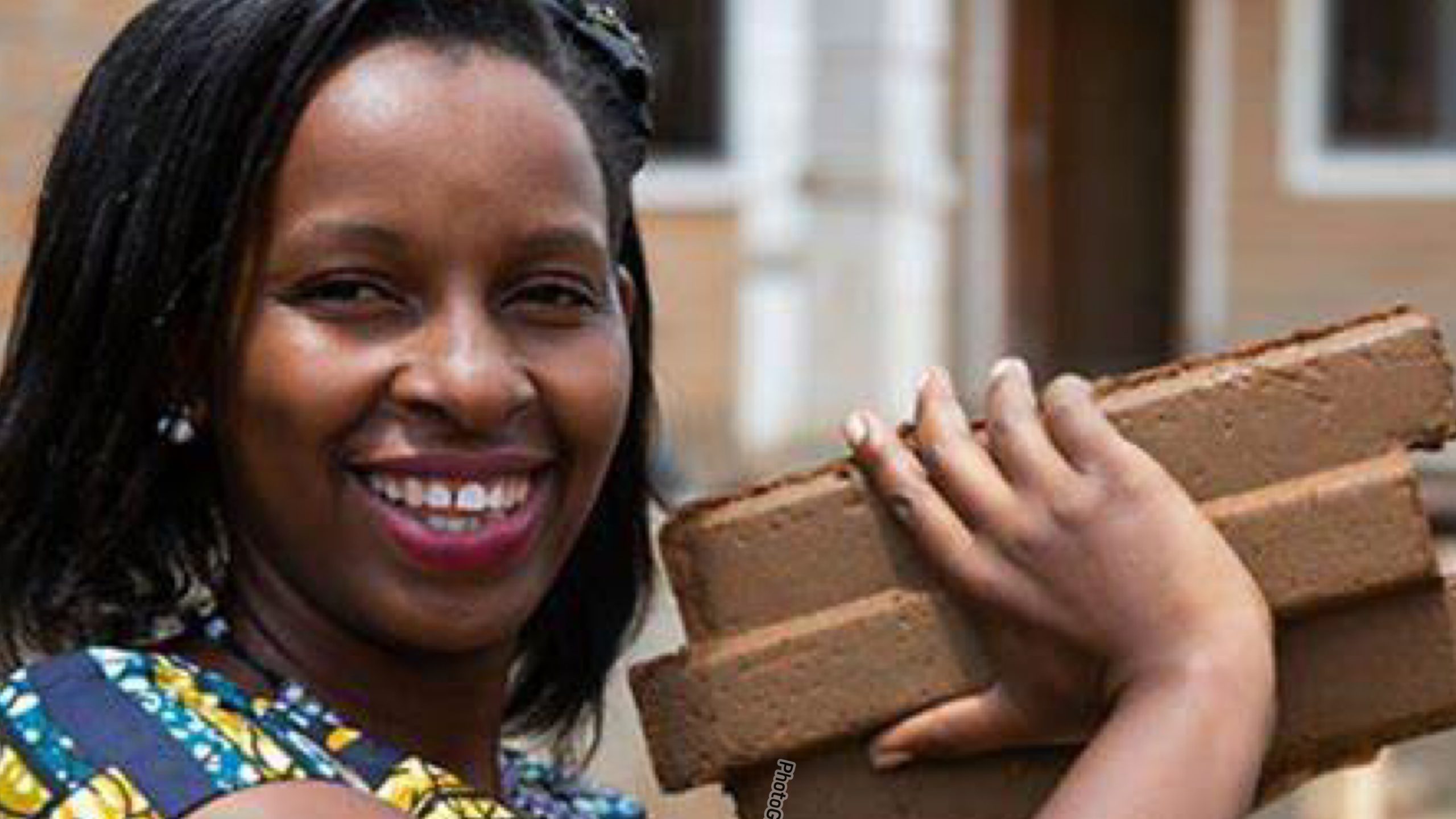Anne Rweyora is the managing director of Smart Havens Africa. She has set up the company to build low-cost, sustainable houses for vulnerable and low-income households in areas where homes are predominantly owned by wealthy landowners. The idea is to make home ownership more accessible to African women in particular. Her motivation to create accessible housing got her shortlisted for the Royal Academy of Engineering Africa Prize, along with 15 of her counterparts.
[whatsapp_group]
In an interview with BBC, Rweyora explained her motivation: “I lost my father and started experiencing how housing poverty affects all spheres of life when our relatives and my late father’s friends came to grab our property.”

“Over 69% of Ugandans are living in substandard housing. This is not only a Ugandan issue but an African issue. In South Sudan, where I worked, the issue was even worse. That’s where my energy and desire come from.”
The homes are equipped to use renewable energy and feature rainwater harvesting systems and bio-digestors. They build the houses using locally produced, green material, interlocking stabilising blocks.
“The design of the brick helps to cut the cost since our brick does not require plastering. This cuts the cost by almost 50%. The bricks do not require burning and firing, so it helps us to avoid air pollution and the deforestation of Africa’s forests,” Rweyora said.
[whatsapp_group]
The organisation seeks to lift up the communities it works in by providing skills and economic opportunities. They provide training and apprenticeship for women and youth who want to pursue a career in construction or real estate. They also support a local market where women, masons, apprentices, businesses and clients can operate.








